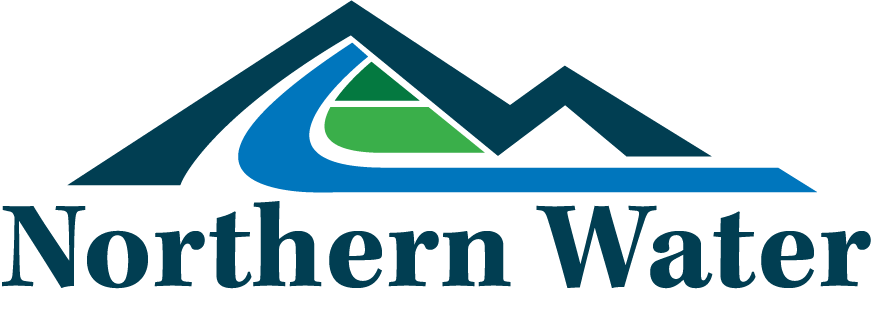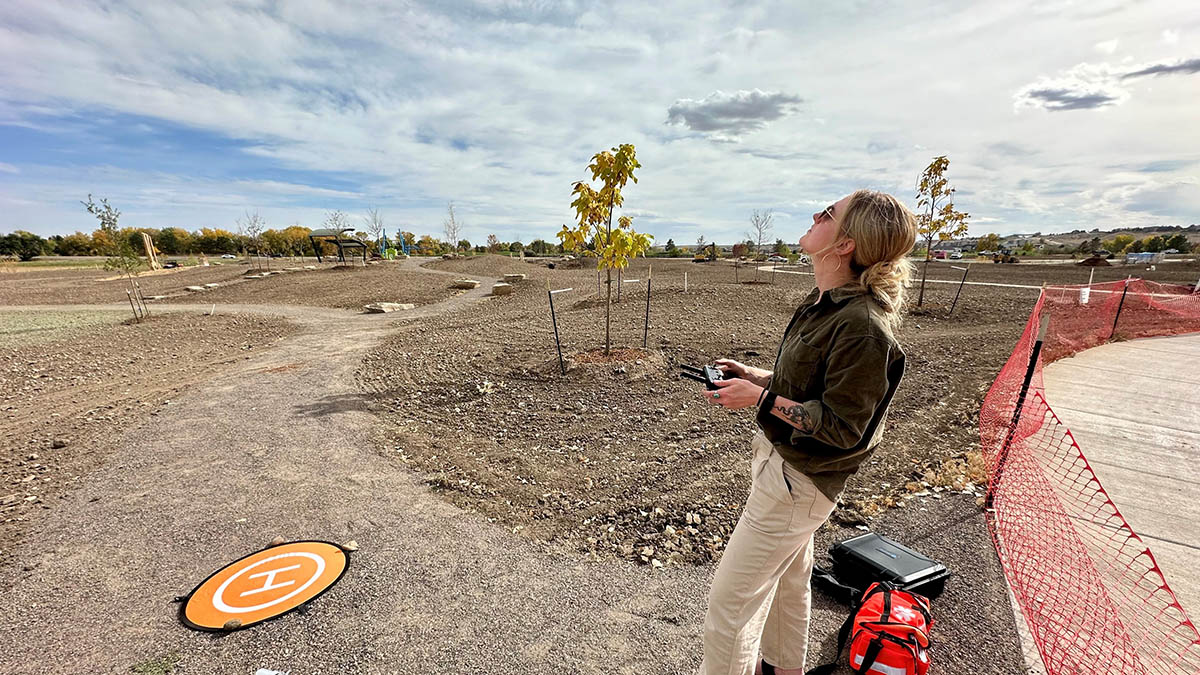“The next step for the program is to develop and refine policies and the overall workflow for drone operations for Northern Water,” Blue said. “We’re also developing a UAS Operations Training Program that will allow us to certify current and future pilots.”
As the organization’s drone program continues to grow, future possibilities include infrastructure inspection and asset management, construction projects, right of way, water quality, wildfire recovery planning and assessment and herbicide spray. Phase two of the program will harvest data through a combination of full motion video, multispectral and precision video measurement tools, enabling Northern Water to benchmark infrastructure status and forecast preventative maintenance schedules. Other organizations have performed case studies on the benefits of drone use and have found they improved safety and data quality and lowered overall operational costs.

